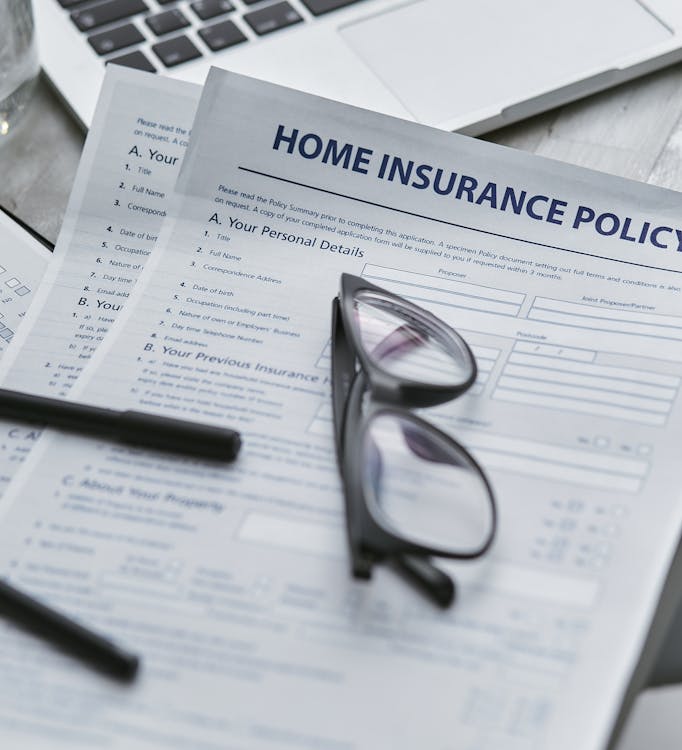Best Practice When Renting A Home: Budget Wisely
Renting a home can be an exciting and liberating experience, but it comes with a significant responsibility - managing your finances effectively. One of the most critical aspects of this responsibility is budgeting wisely. By creating a realistic budget and sticking to it, you can ensure that your renting experience is both comfortable and financially secure. Here are some essential tips to help you budget wisely when renting a home.

1. Set a Realistic Budget
Before you start your journey as a renter, it's crucial to establish a realistic budget. This budget should encompass all the costs associated with renting a home, not just the monthly rent. Consider the following factors:
- Monthly Rent: This is the most obvious expense. Research the rental market in your area to determine an appropriate monthly rent that fits within your budget.
- Utilities: Don't forget to account for utilities like electricity, water, gas, and internet. Ask the landlord or previous tenants for estimated monthly utility costs.
- Other Expenses: Think about other monthly expenses such as trash removal, parking fees, and any homeowner association dues if applicable.
- Security Deposit: Most landlords require a security deposit, typically equal to one month's rent. Make sure you have this amount saved up.
- Moving Costs: Calculate the costs associated with moving, including hiring movers, renting a truck, or purchasing packing supplies.

2. Prioritize Essential Costs
Once you've factored in the basic costs of renting, it's time to prioritize essential expenses that are often overlooked:
- Necessities: Allocate a portion of your budget for necessities like groceries, transportation, and toiletries.
- Healthcare and Insurance: Don't forget about your health and well-being. Include expenses related to health insurance premiums and any other insurance policies you may need.
- Debt Payments: If you have student loans, credit card debt, or other outstanding loans, budget for these payments.
3. Plan for Unexpected Expenses
Life is full of surprises, and unexpected expenses can throw a wrench in your budget if you're not prepared. To safeguard your financial stability, set aside funds for emergencies and unforeseen repairs:
- Emergency Fund: Establish an emergency fund that covers at least three to six months' worth of living expenses. This fund can be a lifesaver when unexpected situations arise, like medical emergencies or job loss.
- Maintenance and Repairs: Over time, your rented home may require repairs or maintenance. Budget for these expenses so that you're not caught off guard.
- Moving Expenses: Moving can be costly, so save for expenses like hiring movers or renting a truck.
4. Track and Monitor Your Spending

To ensure that you're staying within your budget, keep a detailed record of your expenses. You can use budgeting apps or spreadsheets to stay organized and track your spending. Regularly reviewing your budget can help you identify areas where you can cut back or make adjustments.
5. Look for Cost-Saving Opportunities
Being a savvy renter means actively seeking ways to reduce your expenses:
- Roommates: Consider sharing your living space with a roommate to split rent and utility costs. This can significantly lower your housing expenses.
- Energy Efficiency: Invest in energy-efficient appliances and take steps to lower your utility bills. Simple actions like using LED bulbs and sealing drafts can make a big difference.
6. Negotiate Rent and Utilities
Before signing a lease, research market rates in your area to negotiate a fair rent with your landlord. Additionally, inquire about utility costs and explore ways to reduce them, such as using energy-efficient appliances or adjusting your thermostat.
7. Consider Renters Insurance

Renters insurance is often overlooked but can provide valuable protection for your belongings. Calculate the cost of renters insurance and include it in your budget to ensure that you're adequately covered in case of theft or damage.
In conclusion, budgeting wisely is a crucial aspect of renting a home. By setting a realistic budget, prioritizing essential costs, planning for unexpected expenses, tracking your spending, looking for cost-saving opportunities, negotiating rent and utilities, and considering renters insurance, you can navigate your renting experience with financial confidence and peace of mind. Remember that a well-managed budget not only ensures your financial stability but also allows you to enjoy your new home to the fullest.




